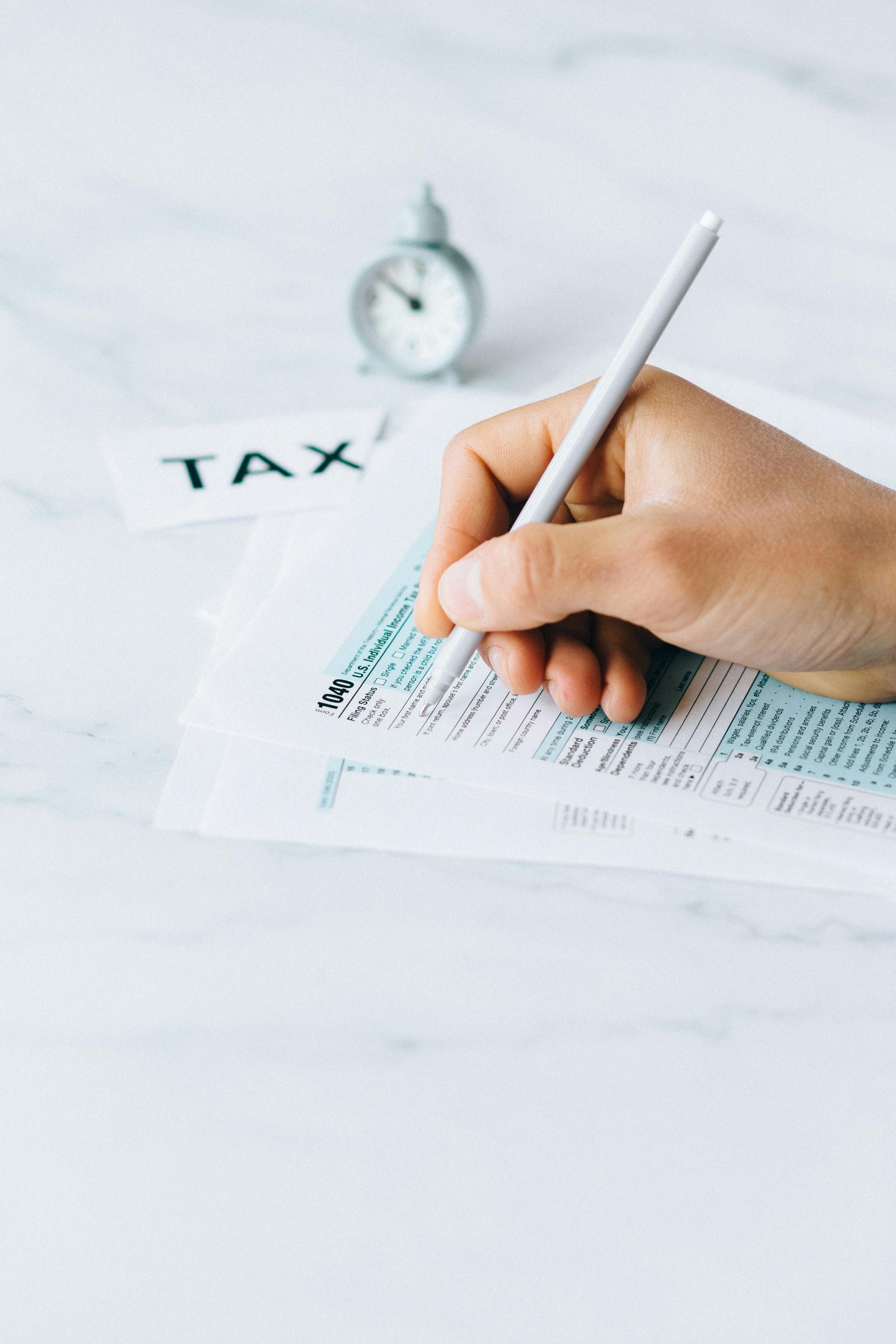Navigating a Rear-End Collision with an Uninsured Driver in Minnesota
A couple of weeks ago, I experienced the unsettling situation of being rear-ended on a Minnesota freeway. Fortunately, everyone in my vehicle walked away unscathed. Here’s how the incident unfolded and the questions it raised for me afterward.
The Immediate Aftermath
Following the crash, I promptly dialed 911, leading to the swift arrival of a state trooper. Equipped with video evidence that clearly demonstrated I wasn’t at fault, I also received a police report that contained details and insurance information for both parties involved. The other driver was ticketed for their part in the accident.
The Unfortunate Surprise
Upon returning home, I reached out to the insurance company that was recorded on the police report, only to discover that the other driver was uninsured. This was confirmed by the driver himself when he contacted me the next day, proposing a private arrangement to settle the matter.
Insurance Steps and Repair Costs
Unsure of the best course of action, I told him I’d get back to him after obtaining a repair estimate. Thankfully, having “uninsured/underinsured” coverage with my own insurance policy has been invaluable. They’re handling the repairs, although I’m responsible for the deductible. The initial repair estimate sits around $12,000 and my claim is entering the subrogation phase.
Lingering Questions
This event left me pondering several key questions:
-
Impact on Insurance Premiums: Will my insurance rates increase despite not being at fault? The representative handling my claim has been evasive about this.
-
Driving Record Concerns: Is there a possibility that this incident could affect my driving record?
-
Legal Representation: Would hiring an accident lawyer be to my advantage in this scenario?
-
Consequences for the Uninsured Driver: Will the Department of Public Safety or the police take action against the uninsured driver, or will he evade penalties?
-
Private Settlements: The driver proposed a private financial arrangement to cover my deductible and potential future insurance hikes. Is it legally permissible to accept money from him without informing my insurance company, ensuring it’s not considered fraud?
Navigating the complexities of such incidents can be daunting, especially when unexpected issues like uninsured drivers are involved. Each question brings its own challenges and potential complications, highlighting the intricate nature of post-accident procedures.




I’m sorry to hear about your situation, but it’s great to know that nobody was injured. Navigating the aftermath of an accident with an uninsured driver can be complex, so let’s break down each of your questions to provide clarity and guidance.
Generally, your rates should not increase if you’re not at fault, especially since you have uninsured motorist coverage. Insurance companies often consider multiple factors before adjusting rates. However, industry practices vary, and sometimes rates might still be affected indirectly. While your insurance representative can’t provide a definite answer now, it might help to review your policy terms regarding accident forgiveness or speak with an agent to understand the general implications in your situation.
Typically, at-fault accidents are what impact your driving record. Since you’re not at fault, this particular incident shouldn’t show up as a negative mark. However, the accident’s report might still appear in systems accessible to insurance companies during a policy evaluation process.
Consulting with an accident lawyer can offer several benefits, especially if you anticipate difficulties in the subrogation process or if the uninsured driver disputes the amount owed. An attorney can provide advice tailored to your case, aid in negotiations, and ensure that your rights and interests are protected—increasing the likelihood of being compensated efficiently for the damage and any other financial impacts.
When the police issue a ticket for driving without insurance, it’s expected to trigger administrative actions against the driver. In Minnesota, state laws require all drivers to carry insurance, and failing to do so can result in fines, suspension of their driver’s license, and vehicle registration. The police report and subsequent ticket should set in motion any legal penalties the state deems appropriate.
While accepting cash isn’t inherently insurance fraud, it’s essential to proceed with caution. Accepting cash without involving your insurer could complicate matters if it impacts the subrogation process or different aspects of the claim. Any reimbursement from the